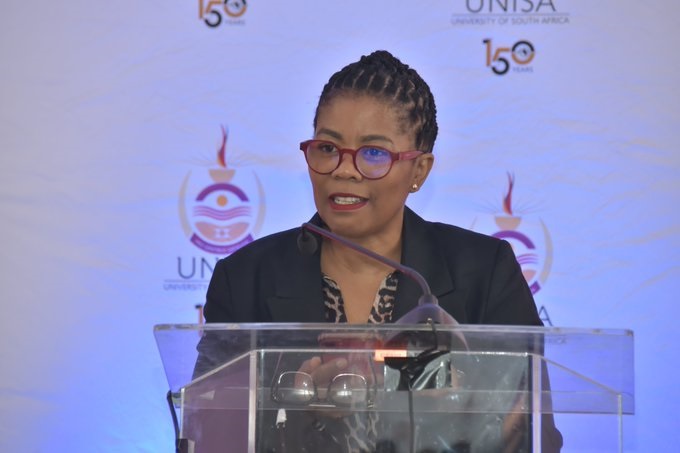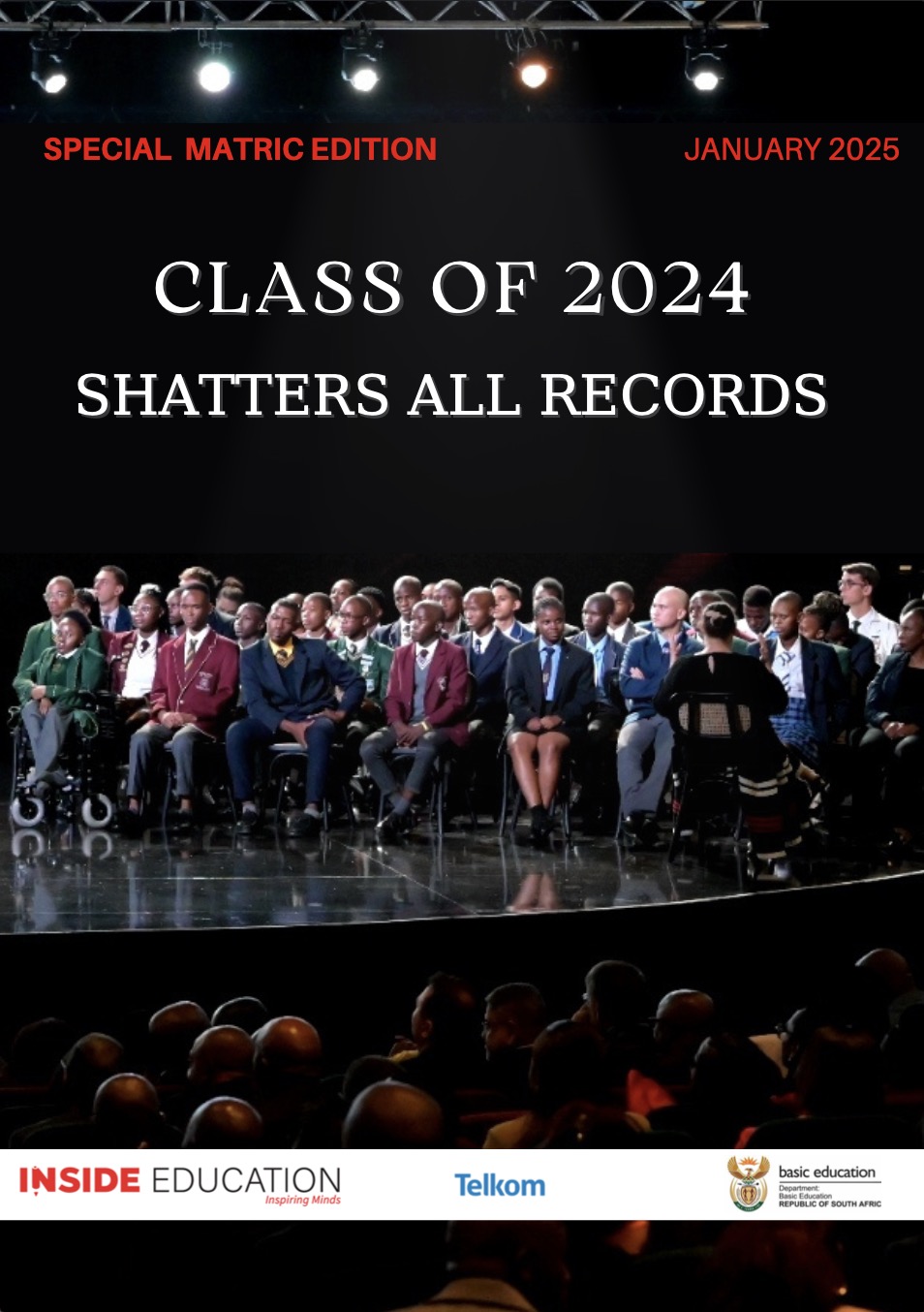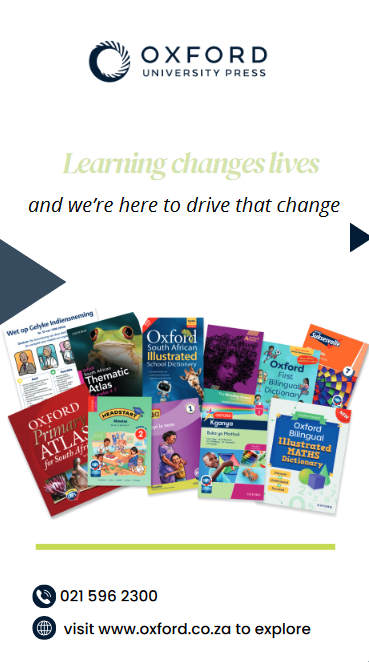Johnthan Paoli
Principal and Vice-Chancellor Puleng LenkaBula gave a welcome address and set the scene for the Unisa 2nd Principal and Vice-Chancellors Lekgotla gathering in Pretoria on Monday, and affirmed the university’s commitment to continuously enhance teaching and learning practice.
In her welcome address at the event, VC LenkaBula said that Unisa was a knowledge institution which needed to rethink the future of science, technology, and innovation.
“We must ensure collaboration across Unisa colleges and produce outputs that we can be proud of,” she said.
The VC said the Lekgotla is therefore reflexive to clearly understand the progress made thus far, identifying challenges faced, and exploring potential solutions to expedite efforts to reach goals.
In addition, she said the conference was a vehicle for presenting solutions, and outlining action plans, which includes identifying the requisite support needed to ensure the success of the core business of Unisa as an academic project.
“The purpose of the 2024 Vice-Chancellor’s Lekgotla is to assess the advancements in the implementation of portfolio plans based on the preceding five pillars of the revised institutional strategy, within the planning cycle(2021-2025), highlighting its achievements and challenges,” LenkaBula said.
The VC said the various university rankings assist the university to increase its visibility and attract international students and researchers,
She said there was a need to engage together to ensure collective inputs created a synergy, symbiotic mosaic of ideas that strengthen the university as an institution.
“Our university operates in global and regional contexts, it requires constant engagement and reflections on issues that matter to humanity, the academy and the entire knowledge arena,” LenkaBula said.
Dr. Pali Lehohla, former Statistician-General, spoke under the theme “Global context, science, and higher education systems”; and said that to place education on a virtuous run, there must be a stable environment to attract investment and drive growth and employment, among others.
“In 2015, approximately 13,8 million South Africans were living below the food poverty line, down from a peak of 16,7 million in 2009,” Lehohla said.
Lehohla highlighted the reality that without proper investment in education, the country would not effectively be able to combat poverty, and said that in a complete knowledge society that is well and better informed, knowledge of the world will be simultaneously and freely accessible to everyone.
Director of Executive Support in the Office of the Principal and VC, David Maimela outlined the impact, viability and sustainability of the university.
“How do we use numbers and statistics to position planning and how do we get the university to perform better and make an impact in transforming education for the development and benefit of society as a whole,” Maimela said.
This comes on the back of reports arising over the weekend which indicated that Unisa’s online platform has identified more than 15 000 instances of potential plagiarism during tests, which has prompted the institution to take action in order to address the issue.
However, students have retaliated and said the system was outdated and riddled with glitches, with problems from last year still not having been resolved.
Unisa SRC President, Nkosinathi Mabilane said that the high number of flags resulted from the examination period of last year and that while some were first time offenders, thus entitled to a new opportunity for a rewrite, others are repeat offenders who the university had to deal with through a disciplinary process.
INSIDE EDUCATION










